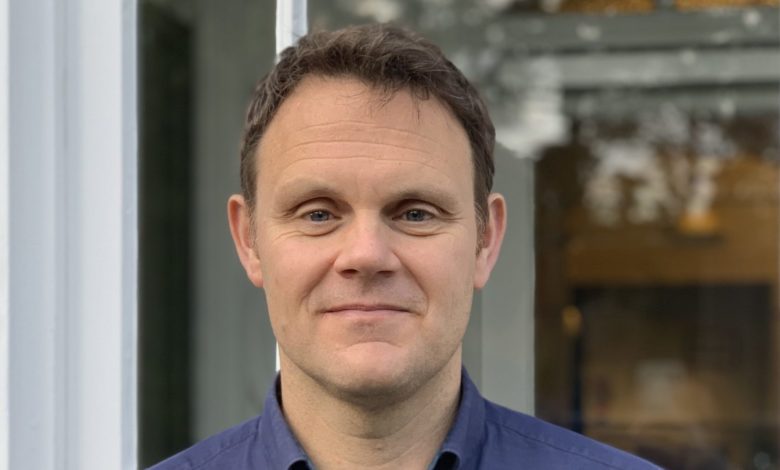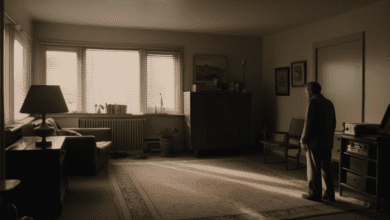
Since the results of the 2016 referendum were finalised and our departure from the European Union was set in motion the hospitality sector has experienced considerable difficulties recruiting and retaining staff.
The UK’s hospitality sector employs in excess of 3 million people, and of those it is estimated that around 25% are EU nationals. Those EU nationals account for around 45% of all staff employed in lower-level non-management roles.
As you might imagine the introduction of new immigration measures and prior to that considerable uncertainty around the ability to continue to work in the sector has forced many EU citizens to drastically rethink and many chose to leave the UK. This coupled with the fact that the sector needs to attract 60,000 new staff each just to stand still, means that the sector faces a very real crisis, which begs the question how will the hospitality industry be able to fill all of its available vacancies without the people willing to work in the sector?
It’s no surprise that there is a huge shortfall in staffing levels in all sections of hospitality especially when you add in a widening skills gap, a declining number of catering college students and ‘home-grown’ qualified staff. There’s absolutely no doubt that Brexit is accelerating the sector’s staffing shortage due to the industry’s heavy reliance on migrant workers.
Recent figures released relating to 2020 from the Office of National Statistics in their Labour Force Survey show that there are 594,000 fewer foreign nationals in employment in the UK.
As a small, independent hotel we have witnessed this at first hand. Since the referendum we have seen a huge drop in the number of EU citizens applying for work and many of our EU staff have taken the decision to return to their home countries.
To further exacerbate the situation, we are now looking at a whole host of additional issues directly linked to Brexit and our leaving the EU. We have an end to freedom of movement, a new points-based immigration system, a minimum wage requirement should we recruit EU staff (which is considerably above the average paid in hospitality) and, to even qualify for entry into the UK, a firm job offer must now be in place. These additional measures are even greater hurdles to which we have to overcome in an already difficult employment market.
The Government states that businesses will have to move away from their reliance on cheap EU migrant labour. To enable the hospitality industry to do this there needs to be a systematic change in the UK where, unlike our European friends, hospitality is not seen as a career. We need to shift the misnomer that this is a low-paid career with little to no progression. In reality there are few careers that have such a clearly defined pathway. Alongside that there are also many benefits to working in the industry such as tips, heavily subsidised accommodation and meals often included. With the reduction decrease in EU nationals the industry is losing a pool of talented, experienced staff which will be difficult to replace.
Ultimately the reduction in net migration has already begun to create pressure on employers like us who recruited trained staff from the EU, and this will really bite when the pandemic recedes, and we begin to return to some form of normality. Perhaps the trade off is that the sector will become more attractive to British works in particular the young, but that needs to be supported by apprenticeships and training to ensure continued professionalism and consistency of service, which is something that has been improving in recent years, but that said all too often government rhetoric in this area falls short of the reality.
If we are to continue to develop what is one of the largest employment sectors in the UK, we must examine the layers of bureaucracy we as a nation have imposed on ourselves, if we don’t the sector will simply implode.
It is my view that we need a hospitality minister to give us a voice in government and to help the sector put in place the mechanisms to develop and grow viable career pathways for future generations, if we don’t examine the potential opportunities, we will have failed in so many ways.
Jamie Shail is co-owner, with his wife Jenna, of Ambleside’s boutique hotel Rothay Manor in the Lake District. Having previously worked in the international hospitality industry, the couple established a luxury chalet business at The Three Valleys in the French Alps – before returning to the UK and acquiring Rothay Manor in 2016.









